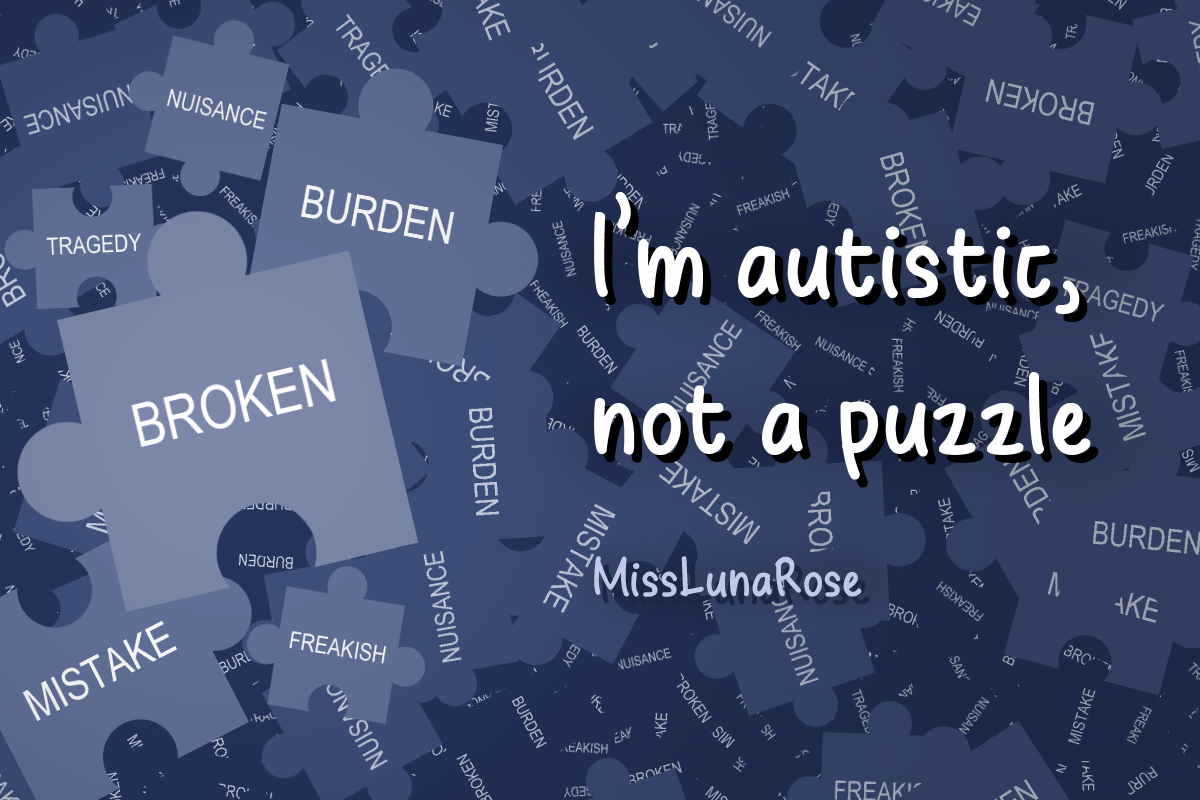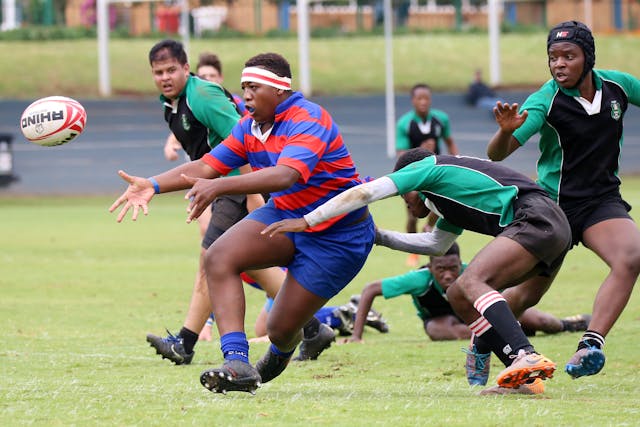Ever since the United Nations General Assembly announced April 2nd as World Autism Awareness Day in 2007, people across the United States and the world at large have continuously marked the day. It’s a chance to support and promote the actualization of fundamental freedom for people with autism spectrum disorder (ASD).
This year, the United Nations’ focus is on ensuring equal opportunity and rights for everyone with autism. Continue reading to discover 5 signs that your child might be autistic.
Become an insider. Subscribe to our newsletter for more top trending stories like this!
Join our Spotcovery Global Black Community Facebook Group for early access to exclusive content and to share in a lively discussion.
5 Main Signs Your Child Could Be Autistic
Here are five notable signs that your child could be autistic:
Lack of Social Interaction
Generally, kids develop social skills at different paces. But when you notice that your child doesn’t seem interested in playing with other kids, it may be a sign of autism. Lack of Social interaction doesn’t necessarily imply that your little one avoids all forms of interactions. But it might just be that they find it difficult to understand social games’ back-and-forth nature or prefer to play alone.
Communication
Communication involves speaking and understanding spoken languages. So, delayed speech or language development is a sign that your child is experiencing autism. Babbling, not speaking their first language at the appropriate moment, or not having enough vocabulary as other children are the known signs.
Other communication issues that signify autism are echolalia, flat or monotone speech, and difficulty in using gestures. However, children without autism can also experience any of these communication issues. So, it’s important to talk to a pediatrician or a speech-language pathologist for a proper evaluation.
People Also Read: Is Your 5-Year-Old Bedwetting Suddenly? Here’s Why
Repetitive Behaviors
Children with autism are commonly known to have repetitive behaviors. They usually find these repetitive behaviors comforting and self-stimulatory. But sometimes, the behaviors turn out to be disruptive and interfere with their lives.
Stereotyped movements are among the common repetitive behaviors that children with autism may exhibit. These repetitive motor movements don’t have a clear purpose. A few examples of stereotyped movements are:
- Hand flapping
- Rocking back and forth
- Spinning
- Body tics.
Other common repetitive behaviors are rituals and routines. Generally, children with autism do better when they can predict things or when they consistently do things. Most autistic individuals usually form a routine for their daily tasks, such as cleaning their room, eating breakfast, or getting dressed. Check out these books on Amazon to learn more about repetitive behaviors.
Sensory Sensitivities
We live in a world filled with smell, sound, tastes, sights, and even inner sensations, such as body awareness. However, children with autism usually experience these sensations differently than neurotypical people.
Become an insider. Subscribe to our newsletter for more top trending stories like this!
Some people with autism are hypersensitive, meaning they are overly sensitive to certain stimuli. A negligible noise that most people may not notice can often be disturbing to hypersensitivity folks.
On the other hand, some are hyposensitive, meaning they’ve a diminished response to sensory stimuli. People with this condition usually don’t seem to react to temperature changes or pain. Sometimes they crave strong sensory input like loud noises or rough textures.
People Also Read: Traveling With Kids Doesn’t Have to Be Difficult: Here’s What You Need to Know
Limited Interests
Children gradually build interest as they explore the world around them. However, children with autism usually show a different pattern of interest compared to neurotypical children. If you’re caring for a kid with autism, you need to understand this. As it’ll help you better support the child in exploring their passion while building well-rounded development.
10 Other Signs Your Child Could Be Autistic
Here are 10 other signs that your child could be autistic:
- Copying sounds or actions
- Playing with toys
- Responding emotionally
- Engaging pretend play
- Pays more attention to objects than humans
- Doesn’t enjoy being cuddled or carried
- Repeating words or phrases said to them
- Finds it difficult to understand the emotions of other people
- Moves hands in an unusual way
- Uses hands as a tool
Correct information and resources are made available to the public during the World Autism Awareness Day celebration. However, the celebration isn’t just about creating awareness. It also aims to create a world where neurodiversity and diversity are celebrated, and discrimination is eliminated. This is to ensure that people with autism live to their full potential. You can support this celebration by wearing brand T-shirt. Simply visit Amazon to get your branded T-shirt.
People Also Read: Conversations That Matter: 8 Tips on Talking to Kids About Race and Racism
Nearly 80% of consumers visit directories with reviews to find a local business. List your business for free in our exclusive Spotcovery Black-Owned Business Directory.
Spotcovery offers unique and fresh daily content on Black culture, lifestyle, and experiences. We talk about everything black, black people, black-owned and black-owned businesses. We also deliver authentic and relevant content that will inform, inspire and empower you! The future of black media is critical to today’s black experience! Our primary audience includes African Americans, Africans, Afro-Caribbean, and people of African heritage. Black culture is for the culture!
Become an insider. Subscribe to our newsletter for more top trending stories like this!





